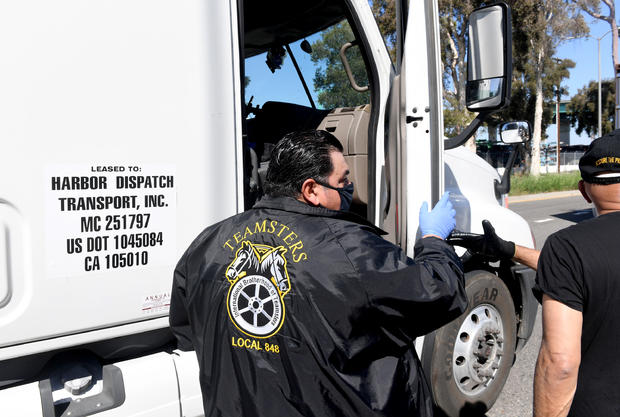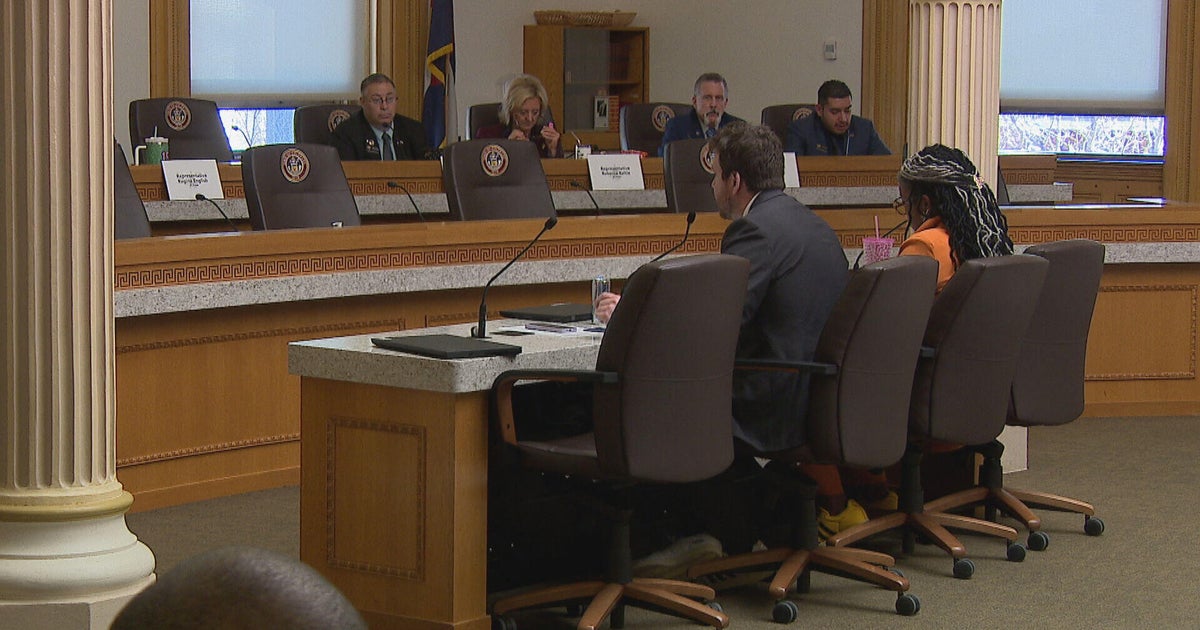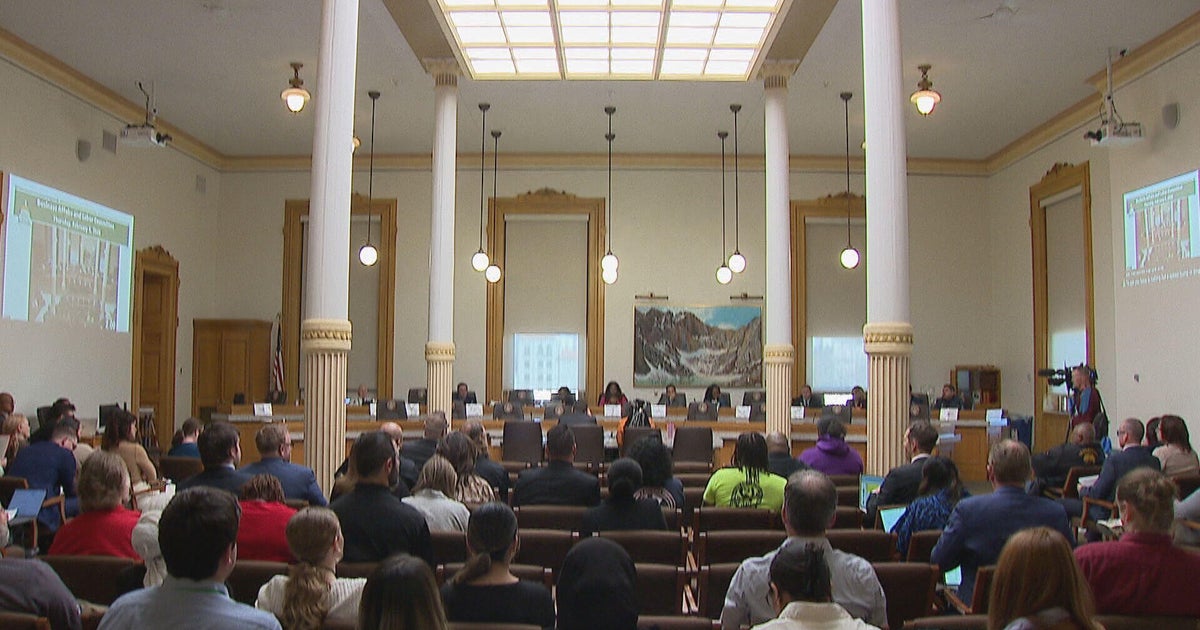Teamsters vow to unionize Amazon from "coast to coast"
The International Brotherhood of Teamsters, one of the largest labor unions in the country, passed a resolution with near-unanimous support from its delegates on Thursday to help unionize at Amazon.
The resolution, which passed with 1,562 votes in favor and nine against, is a declaration of war against one of the biggest employers in America. The "Amazon Project" will now be a top priority for the 1.4 million Teamsters members as well as the groups' leadership. It also includes a commitment to fully fund the efforts for Amazon workers to collectively organize.
"What this does is it sends a message to the broader industry as a whole, to those workers, that we are here, sends a message to those communities that we're here." Randy Korgan, Teamsters' national director for Amazon, said in an interview with CBS News. "It shows that our organization is committed on every level, from coast to coast."
The resolution was passed at the union's 30th International Convention, which is held every five years to set its agenda for the next half decade. According to the text of the resolution, various departments at Teamsters have been tracking Amazon's growth and speaking with "thousands of workers" in the last five years to develop strategies.
The platform will focus on engaging Teamsters members, Amazon workers, as well as the general public. Additionally, it calls for anti-trust engagement, industry pressure, and global solidarity as Amazon workers across the world deal with similar issues.
"Together we will fight for workers everywhere. We can go further, there are more countries and workers to partner with," Korgan said at the convention on Thursday ahead of the vote. "We must fiercely pursue the opening of new fronts in our global fight. Working people everywhere should be emboldened by the global solidarity that is taking root as we continue to take on the behemoth that is Amazon."
The Teamsters have been organizing freight drivers and warehouse workers for over 100 years. In the early 1900s, it was drivers of horse-drawn wagons, gravel haulers, beer wagon drivers and deliverymen for bakeries that helped increase the union's membership.
The union, which prides itself on being "the champion of freight drivers and warehouse workers," also organizes workers in various other industries, including construction workers, airline pilots, police officers, and zookeepers.
The Teamsters see Amazon's growth as a threat to their members, many of whom also work in the logistics industry. Ahead of the vote, Korgan said Amazon is "purposefully undercutting union labor and disrupting industry after industry through its sheer size and vast resources."
He added that Amazon's operations impact Teamster members across many sectors of the economy and "it is imperative that we educate all members about what will happen if we allow Amazon to continue to grow unchecked, unregulated, and unorganized."
Amazon declined to comment for this story.
In an interview with CBS News, Korgan said that the history of Teamsters' makes it a natural fit for Amazon workers. "We're in this industry, we're in this community, our members not only work side-by-side with Amazon workers, but they coach baseball right next to them," Korgan said. "They are next door neighbors, they go to the same schools, they attend the same functions within their communities. We're all really one big group," he added.
In April, Amazon easily defeated a historic effort by its workers at the Bessemer, Alabama, warehouse to join the Retail, Wholesale, and Department Store Union (RWDSU). The effort by workers in Bessemer gained the attention of national leaders, including President Joe Biden, who signaled his support for the unionization drive.
Grace Reckers, who is an organizer with the Office and Professional Employees International Union and focuses on helping tech industry workers organize, told CBS News that the Teamsters are taking the right step in advancing worker's rights.
Reckers said the Bessemer loss was indicative of "the uphill battle Amazon workers will face" but added that it "does not forecast any slowdown of organizing activity." She said "the attention brought to the issue of working conditions and labor rights at Amazon, and at other companies, has only fueled attempts to unionize other Amazon facilities across the country."
Korgan would not comment on the timeline of the Amazon Project, when he expects the first collective bargaining unit to take shape at Amazon, or how much money the Teamsters plan to spend on the effort. He did say that an election with the National Labor Relations Board is not the Teamsters' preferred method of gaining recognition.
"There are many ways for us to help workers walk through this process," Korgan said, adding that most workers understand the power they have. "That employer does not operate without those individuals doing the work."
One clue into the strategy that will be deployed is in the language of the resolution that passed with resounding support. The special resolution calls for "shop-floor militancy by Amazon workers," which is a signal that the ecommerce giant will face strikes and walkouts from its warehouses.
"Workers are realizing that they have tremendous value, that their job is incredibly difficult and is incredibly important to our nation's economy," Korgan said. "It's important to the goods movement, it's important to every aspect of American life. And I think that, you know, as workers come together, Amazon has no choice but to take notes."




